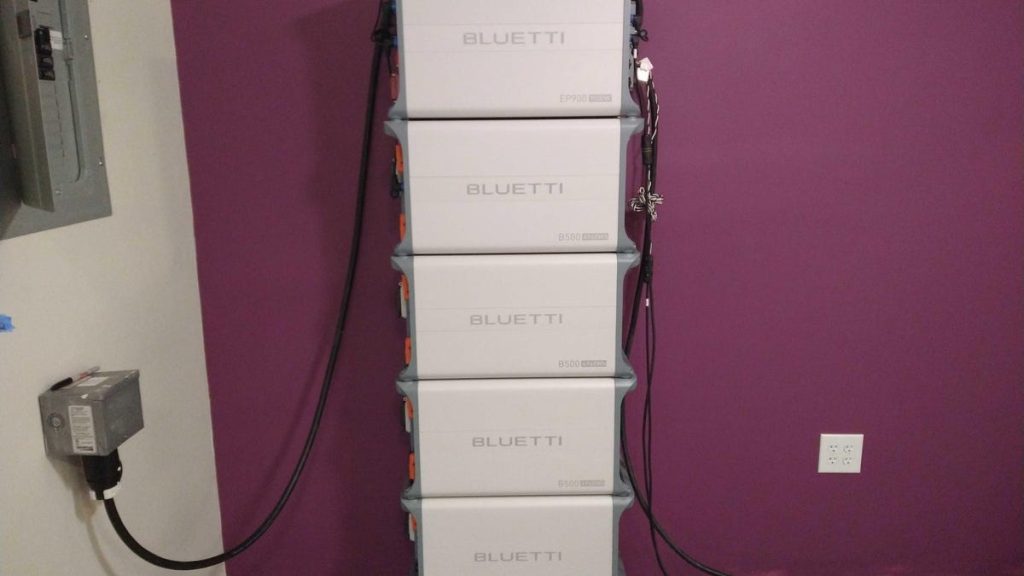Home battery systems are often difficult to test hands-on due to their size and cost, as well as the need to install them into a home’s electrical system. However, CNET has a testing lab in Louisville, Kentucky, where two home battery systems, the Bluetti EP900 and the Savant Power Storage 20, are currently set up for testing. Through this hands-on experience, various features and functionalities of these home battery systems were discovered and explored.
One key aspect of home battery systems is the switchover to backup power during an outage, which happens almost instantaneously. The switchover occurs in milliseconds, with each battery system having a rated switchover time listed on its spec sheet. In a simulated power outage test, the Savant Power Storage 20 and the Bluetti EP900 demonstrated different switchover times, showcasing the importance of this feature in maintaining uninterrupted power supply during outages. However, some interruptions may still occur, as observed with the shutting off of a portable AC unit during the tests.
Another interesting feature found in the Bluetti EP900 is the option for battery heating, which is essentially a self-heating function for the batteries. This feature allows the system to pull power from the grid to warm up the batteries in colder temperatures, ensuring optimal performance in varying climate conditions. Modular battery designs, where smaller battery modules are connected together, provide flexibility and ease in monitoring and diagnosing issues with individual modules. LED lights on the battery systems indicate the status of each module, simplifying maintenance and troubleshooting.
Despite being essential components of home battery systems, inverters draw power even when the system is not actively being used, making them energy vampires in a sense. The inverter functions as the brain of the system, converting stored DC electricity to usable AC electricity and performing various communication and data collection tasks. This constant draw of power by the inverter highlights the importance of considering energy efficiency when selecting a home battery system. Additionally, home batteries are remarkably quiet in operation, with minimal noise generated even during heavier loads or charging phases.
Overall, home battery systems offer an efficient and reliable way to keep homes powered during outages or peak energy demand periods. With innovative features such as rapid switchover during outages, self-heating capability, modular design for easy monitoring, and quiet operation, these systems provide homeowners with peace of mind and energy security. As advancements continue in the home battery industry, integrating energy storage solutions into residential properties becomes increasingly accessible and beneficial for consumers looking to reduce reliance on the grid and enhance sustainability.












